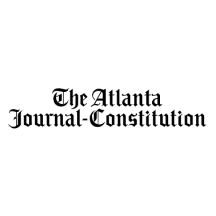The Trump administration has proposed significant changes to the H-1B visa program, focusing on prioritising higher-skilled and better-compensated workers. This announcement follows a recent increase in application fees to $100,000 for new H-1B visa petitions, effective from September 21. The new selection criteria aim to replace the existing lottery system with a wage-based approach, where jobs offering higher salaries will have a better chance of securing visas.
According to a notice from the Federal Register, the changes are intended to ensure that only highly skilled foreign workers are selected, while also encouraging employers to offer better compensation. The Department of Homeland Security (DHS) estimates that total wages for H-1B workers could rise by approximately $502 million in the first year of the new rules. This increase is projected to continue, with wages expected to grow by $1 billion in fiscal year 2027 and $2 billion by 2035.
The new policy is likely to have a significant impact on small businesses that rely on H-1B visas, particularly those hiring lower-paid employees. These businesses could face economic challenges due to the increased fees and the new selection criteria. The proposal is part of a broader immigration reform effort by the Trump administration, which has faced criticism for potentially limiting job opportunities for American workers.
The H-1B visa program has been a vital resource for US tech companies seeking skilled foreign talent, especially from countries like India and China. However, the steep fee increase and the proposed changes to the selection process have sparked debate. Critics argue that these measures could stifle innovation and drive talent to other countries, while supporters claim they protect American jobs by discouraging the hiring of lower-paid foreign workers.
The public will have 30 days to comment on the proposed changes, as the administration seeks to implement these new rules amid ongoing discussions about the future of the H-1B visa program.

 Bharat News
Bharat News

 India Today
India Today The Times of India
The Times of India Zee News English
Zee News English Livemint
Livemint CNN Business
CNN Business The Atlanta Journal-Constitution Health
The Atlanta Journal-Constitution Health The Atlanta Journal-Constitution Sports
The Atlanta Journal-Constitution Sports Vanity Fair Politics
Vanity Fair Politics